Jamaica year 1984 WWF- Fauna Jamaican Boa FDC set
The Jamaican Boa, also known as the Yellow Snake or Jamaican Yellow Boa (Chilabothrus subflavus), is a species of non-venomous boa endemic to Jamaica. Here are some key points about the Jamaican Boa:
- Appearance: This snake typically has a yellowish or golden-brown body with darker brown or black markings. The coloration can vary among individuals and is often influenced by the snake’s habitat.
- Size: Adult Jamaican Boas can grow to be quite large, with some individuals reaching lengths of up to 6.5 feet (2 meters).
- Habitat: The Jamaican Boa is found in a variety of habitats, including forests, woodlands, and scrublands. It is a terrestrial and arboreal species, meaning it can be found both on the ground and in trees.
- Behavior: This snake is primarily nocturnal, meaning it is active at night. It is known for being a good climber and often hunts for prey such as small mammals, birds, and reptiles in the trees.
- Diet: As a carnivorous species, the Jamaican Boa preys on a variety of animals, including rats, bats, birds, and lizards. It kills its prey through constriction, wrapping its body around the prey and squeezing until the prey suffocates.
- Reproduction: The Jamaican Boa is ovoviviparous, meaning the females give birth to live young rather than laying eggs. A typical litter can range from 10 to 25 offspring.
- Conservation Status: The Jamaican Boa is considered a species at risk due to habitat loss and human persecution. Deforestation and the destruction of its natural habitat are significant threats to its population.
- Cultural Significance: In Jamaica, the Yellow Snake is often misunderstood and feared, which has led to instances of persecution. However, it plays an important role in controlling the populations of rodents and other small animals.
Understanding and protecting the Jamaican Boa is crucial for maintaining the ecological balance in its native habitat. Conservation efforts are needed to ensure the survival of this unique and important species.
4o

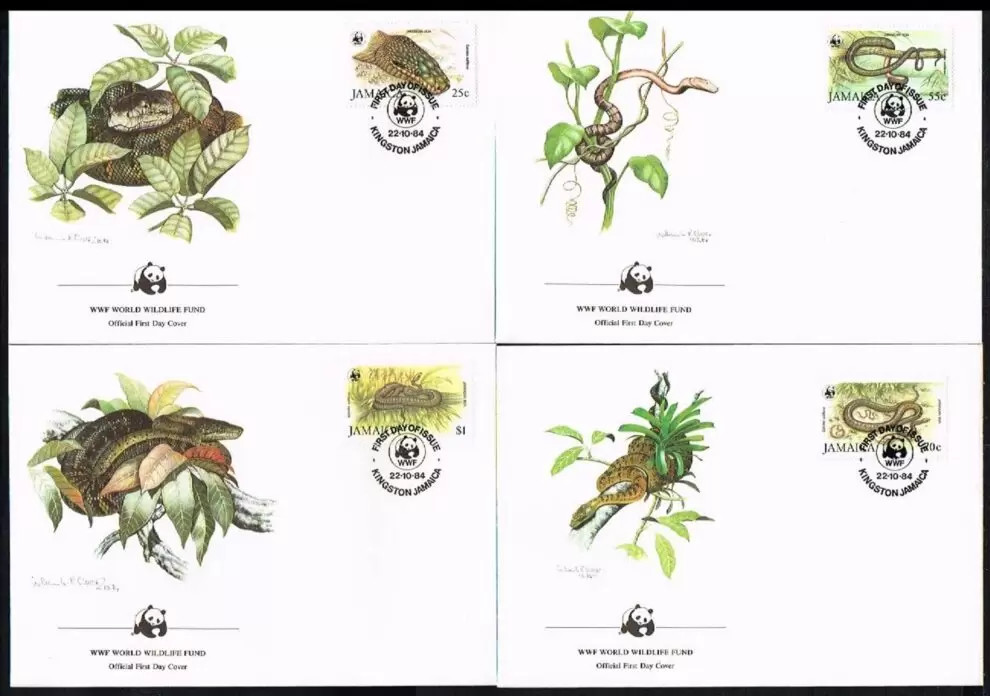
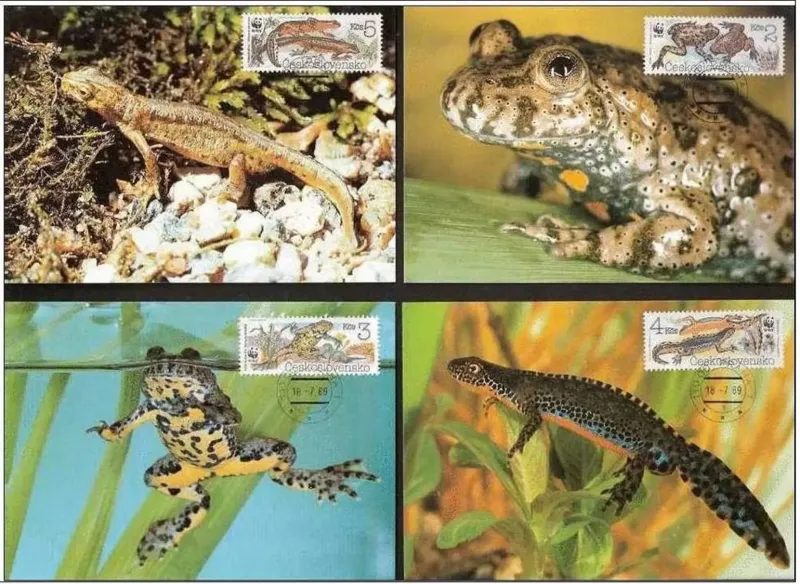
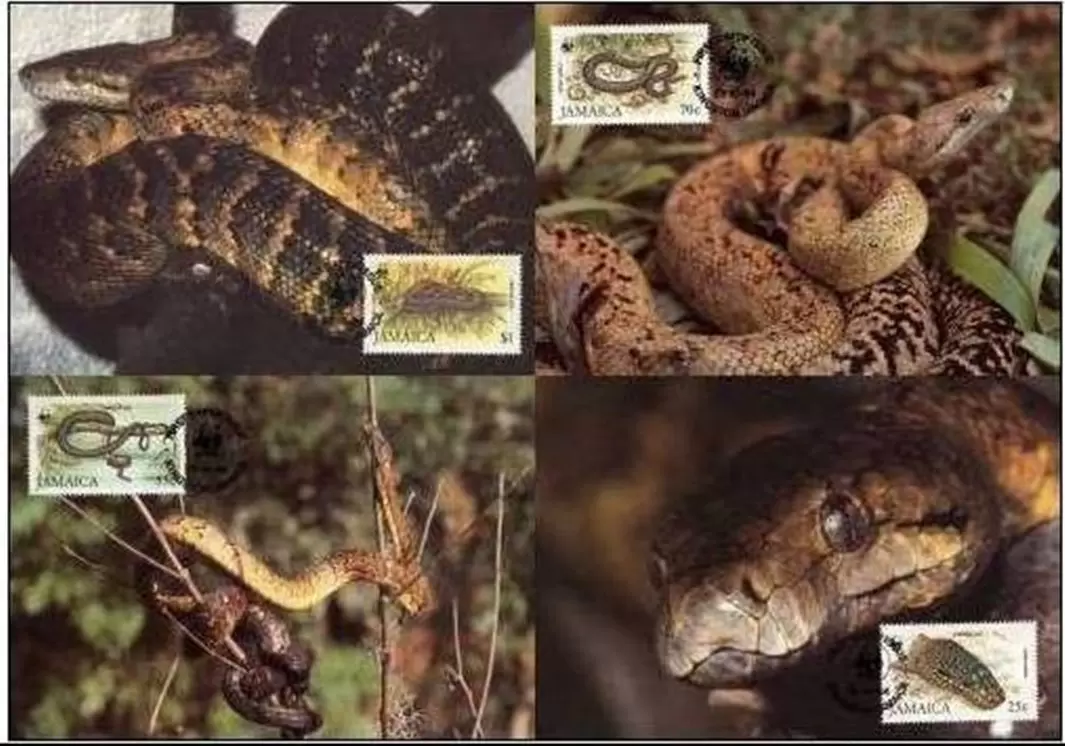


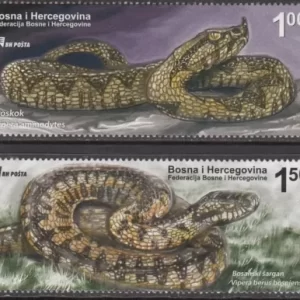

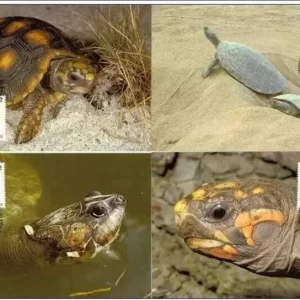
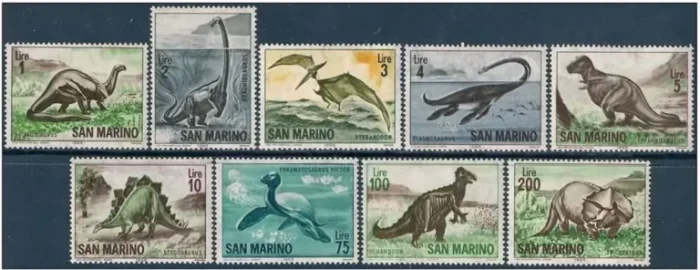
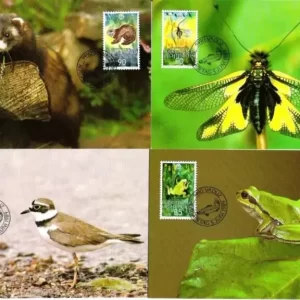
Reviews
There are no reviews yet.